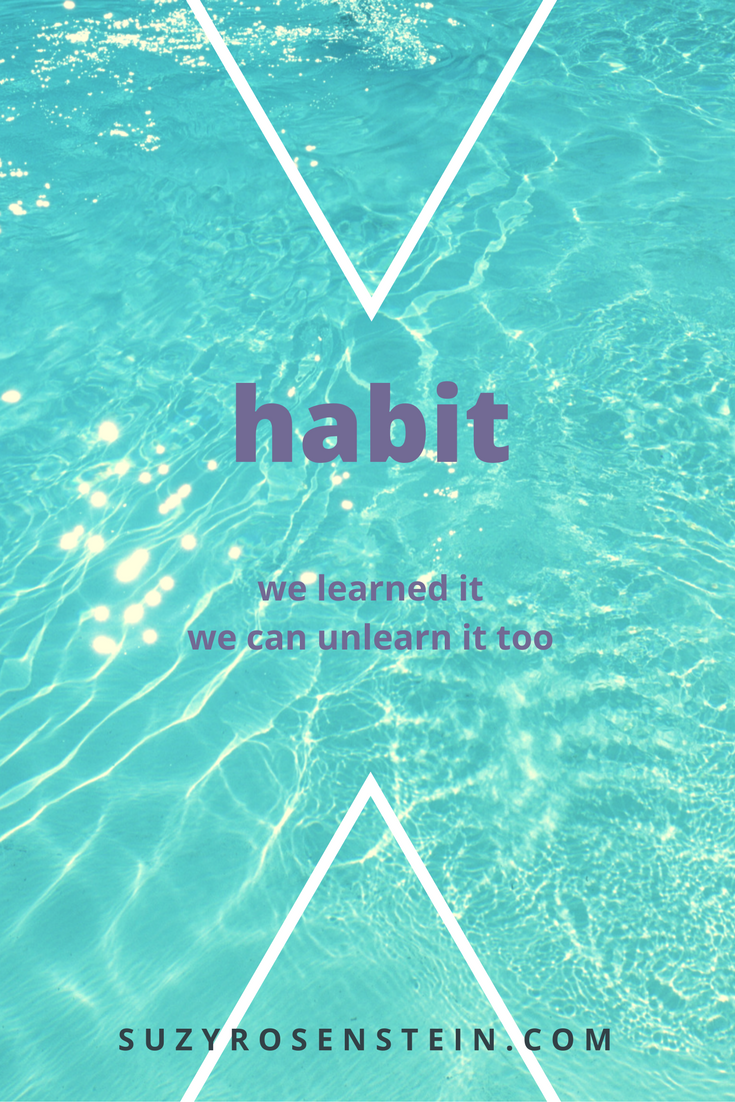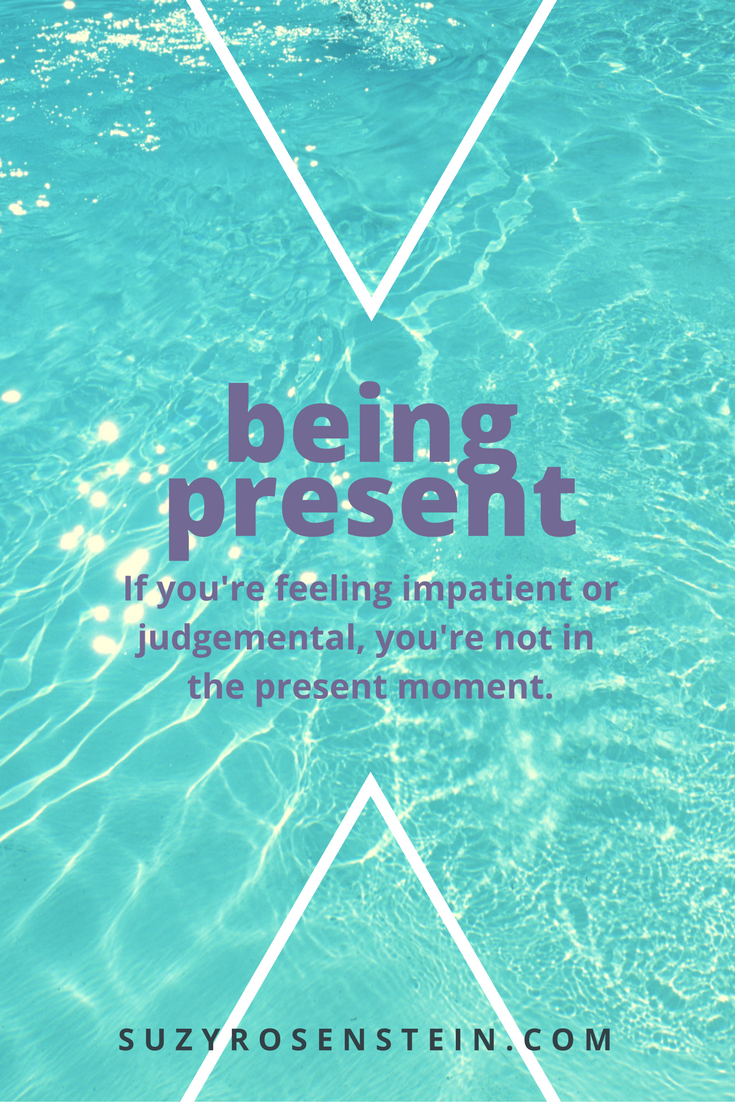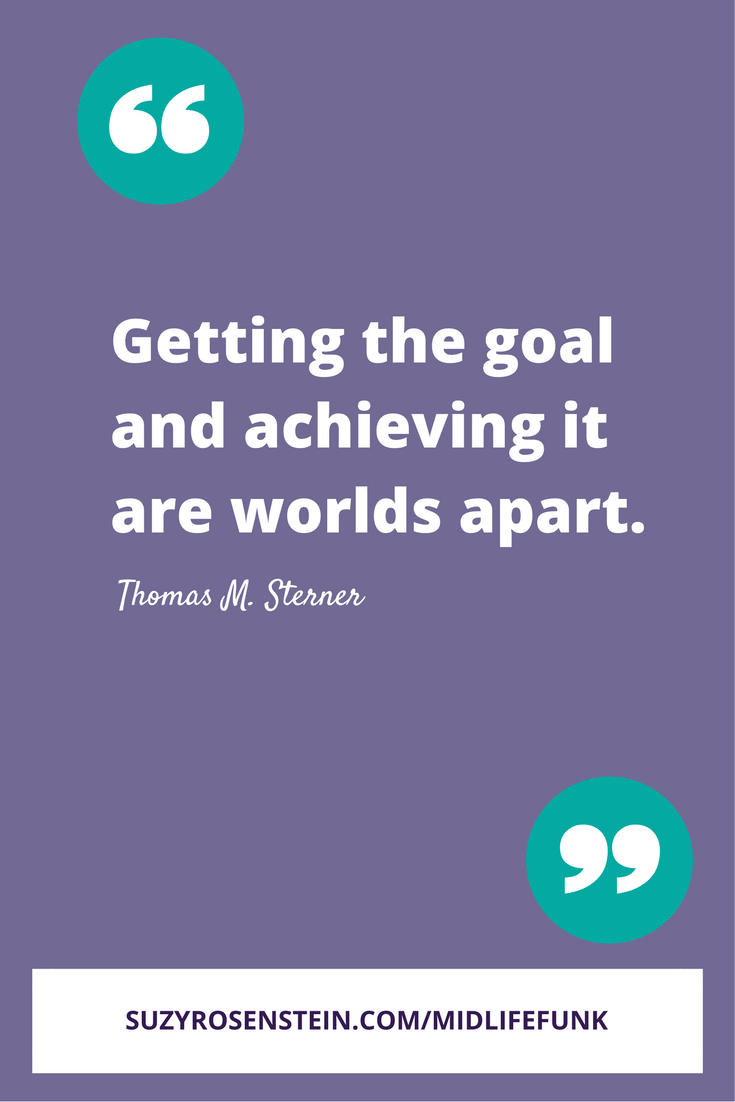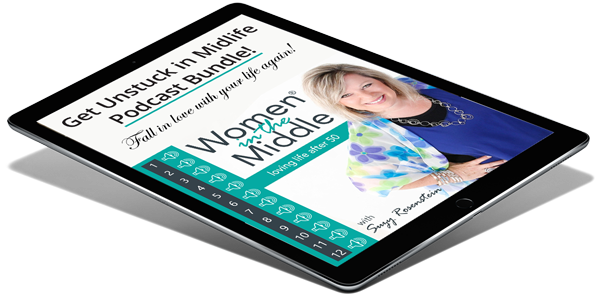When’s the last time you practiced something new?
Everything in life is practice even though you may not think of it that way. You practice what you want, and you also practice what you don’t want. And what you practice becomes a habit.
I’ve recently had an amazing opportunity to be in a small class with Thomas M. Sterner, author of the bestselling book, The Practicing Mind: Developing Focus and Discipline in Your Life and Brooke Castillo, Founder of The Life Coach School (where I trained to be a Master Certified Life Coach).
When I started reading his book, I immediately thought, “yeah, I get it. Practice is important for new skill development.” But wow, it’s so much more! There’s a huge difference between intellectually “getting” something and really applying it in your life. That’s what this little six week webinar with Tom was all about. Really going through the book and applying the principles of The Practicing Mind and the meta skill of practicing. I think of it as the ART of practice.
As a culture, we love quick fixes and multi-tasking.
It’s so surprising when you really get your head around what this means in your life. The biggest thing is that we’re in a hurry because we believe that what’s there is better than what’s here. Does that resonate with you?
-Perhaps you’ve lost 5 lbs. Are you typically satisfied? Or is the first thought in your mind that you’re still far from your goal?
-Maybe you’ve been working hard on your business and your income went up by 10% last year. Are you focused on the 10% increase or what you haven’t yet achieved?
As part of The Practicing Mind course, we were asked to pick a new skill we wanted to practice. I picked doing 10 push-ups a day. I’ve tried this once before and didn’t succeed. I liked the idea of doing push-ups because you don’t need to get in the car to go somewhere to do them, and you don’t need special clothes or shoes. Should be simple, right?
 I was fascinated to watch what obstacles came up for me as I began practicing my new skill.
I was fascinated to watch what obstacles came up for me as I began practicing my new skill.
First, resistance. The conversations going in my head. No surprise really. Studies have shown that it’s hard for our brains to stay on task. And there’s a natural struggle to create and maintain a habit. If it’s worth it, there will be resistance. So the mind chatter was expected and was happening with me for sure.
My thoughts were…It’s going to hurt….I’m going to sweat….What if I can’t make this a habit?
Even with the mind noise, I did the push-ups anyway. I had an awareness that I wanted to change and be a woman who does 10 push-ups a day.
We learned, however, that resistance means you’re NOT in the moment. It illustrates that you feel discontentment until you get there. And the whole point of the book is to help you find joy in practice, not focus solely on the result.
The next week we learned the concept of the Four “S” words.
- Simple: break the project or activity into its component sections
- Small: use your goal as a rudder to stay on course, but break down the overall goal into small sections that are easy to achieve
- Short: work on the task for a short, designated period of time that won’t make you frustrated
- Slow: work at a pace that allows you to pay attention to what you are doing.
Now you might be thinking, “Suzy, come on….it’s only 10 push-ups a day. What is your problem?”
Gentle reader, please be kind. Push-ups aren’t my thing.
I decided to focus in on the S word, SHORT and thought it would be a good idea to TIME my push-ups. Guess what? It only took me 21 seconds to do them.
Yes, only 21 seconds out of my day, in whatever I’m wearing, inside or outside, wherever I happen to be, to do my goal of 10 push-ups.
This made me laugh out loud and had a direct and immediate impact. How could I argue with such a tiny amount of time?
Knowing that the new skill I’m practicing was so short – not even a minute – removed both my resistance and even my anticipated resistance immediately. So interesting. My thoughts changed right away and were now so positive about learning my new skill. I knew I could do it. I know I WILL do it! It’s not a huge inconvenience.
Guess what happened next?
It became easy to do 10 push-ups a day.
Then I started thinking my goal wasn’t hard enough. That maybe I should be doing 20 push-ups, or regular push-ups instead of “girl push ups” on my knees instead of toes.
That, my friends, is self-judgement loud and clear.
 This is concrete evidence that I wasn’t in the moment AT ALL.
This is concrete evidence that I wasn’t in the moment AT ALL.
Basically, this thought was, “I should be there and I’m here.”
How do you think that made me feel?
Bad. Like I wimped out. Like I’m wasn’t trying hard enough. Scared that if I changed my goal to 20 push-ups a day, I may not be able to stick with it.
Sigh.
Once I understood what I was doing, I worked much harder on staying in the moment…or more specifically, the 21 seconds that I was actually doing my new skill. Learning what it’s like to be a woman who does 10 push-ups a day.
I learned to notice my impatience. My self-judgement. My tendency to go to “I’m not good enough” and interpret it as a character flaw, rather than related to a skill I need to develop.
I started to understand. It’s just as important to practice NOT doing something as it is to practice DOING it.
I was getting pretty comfortable at actually DOING the push-ups, but I needed much more practice staying in the moment. I had to practice NOT thinking ahead.
Just like when you’re trying to lose weight, for example. You might figure out and get good at practicing what foods you want to include more in your diet with more ease than resisting the foods you no longer want to eat as much of, like at a party.
You might have to practice the skill of not having chips and dip at social gatherings as much as you practice the skill of including two fruits a day, for example. You have to practice NOT doing certain things too. Same related goal of weight loss but completely different skills.
 SO LIFE CHANGING.
SO LIFE CHANGING.
As Tom Sterner says, there’s a lot going on in your mind without your permission.
Self-awareness allows you to supervise your mind so you create the results that you want. This uncontrolled chatter LOVES to go the idea that it’s better THERE than HERE.
He goes on to describe the goal as the compass and NOT the buried treasure. We should keep the goal in focus as the direction we’re heading and not believe that it’s negative when we’re not there yet.
Learning to appreciate the art of practice as just as valuable (if not more valuable) than the goal will change your life. Practice without judgement is the key.
I’d love to hear about what you’re thinking about as you read this blog and how you might apply these ideas to a new skill of your own!
Learning skills that you know will change your life are essential to regret proofing, that’s for sure.
Check out my FREE download, 10 Surprisingly Simple Tips to Bust Out of Your Midlife Funk, to help you get started when you know you need a change!

